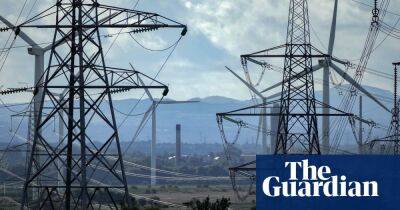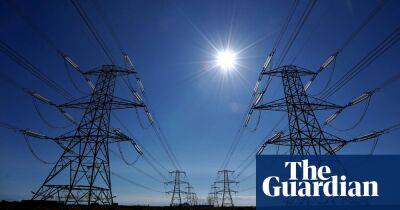Next PM could face £23bn autumn spend to cover £900 rise in energy bills
Ministers could face an additional £23bn price tag for covering extra household energy costs of £900 this autumn, rising to £90bn next year, a new paper by the Institute for Government has found.
The paper, looking at the options for Liz Truss or Rishi Sunak in No 10, also warned the government should plan for prolonged rises in energy bills by going a lot further in making public appeals to use less gas – for example by informing consumers about the cost savings from turning down thermostats – and in committing to building more energy efficient homes to help protect consumers.
No 10 and Kwasi Kwarteng, the business secretary and close ally of Truss, have been resisting appeals to the public to use less energy. However, the next prime minister, likely to be Truss, faces some very difficult choices on entering office on how far to subsidise energy bills.
Boris Johnson’s government has already spent £33bn on covering 90% of the then predicted increase in energy bills but soaring prices mean a further £23bn would be needed to cover average bills that are forecasted to be £900 more per household than was predicted just three months ago, according to the IfG.
It found that extending this kind of help in 2023/24 could cost the new government more than £90bn to be as generous to households again next year. Another option that could be considered for a new prime minister is insulating only the most vulnerable from higher bills.
The IfG found that offsetting energy bill increases for those on means-tested benefits would cost £800 to £900 per household, or about £6bn to £8bn in total, while extending more help to those on disability benefit and pensioners could take the total cost of support for the most vulnerable to £10bn to £12bn.
Th
Read more on theguardian.com



















